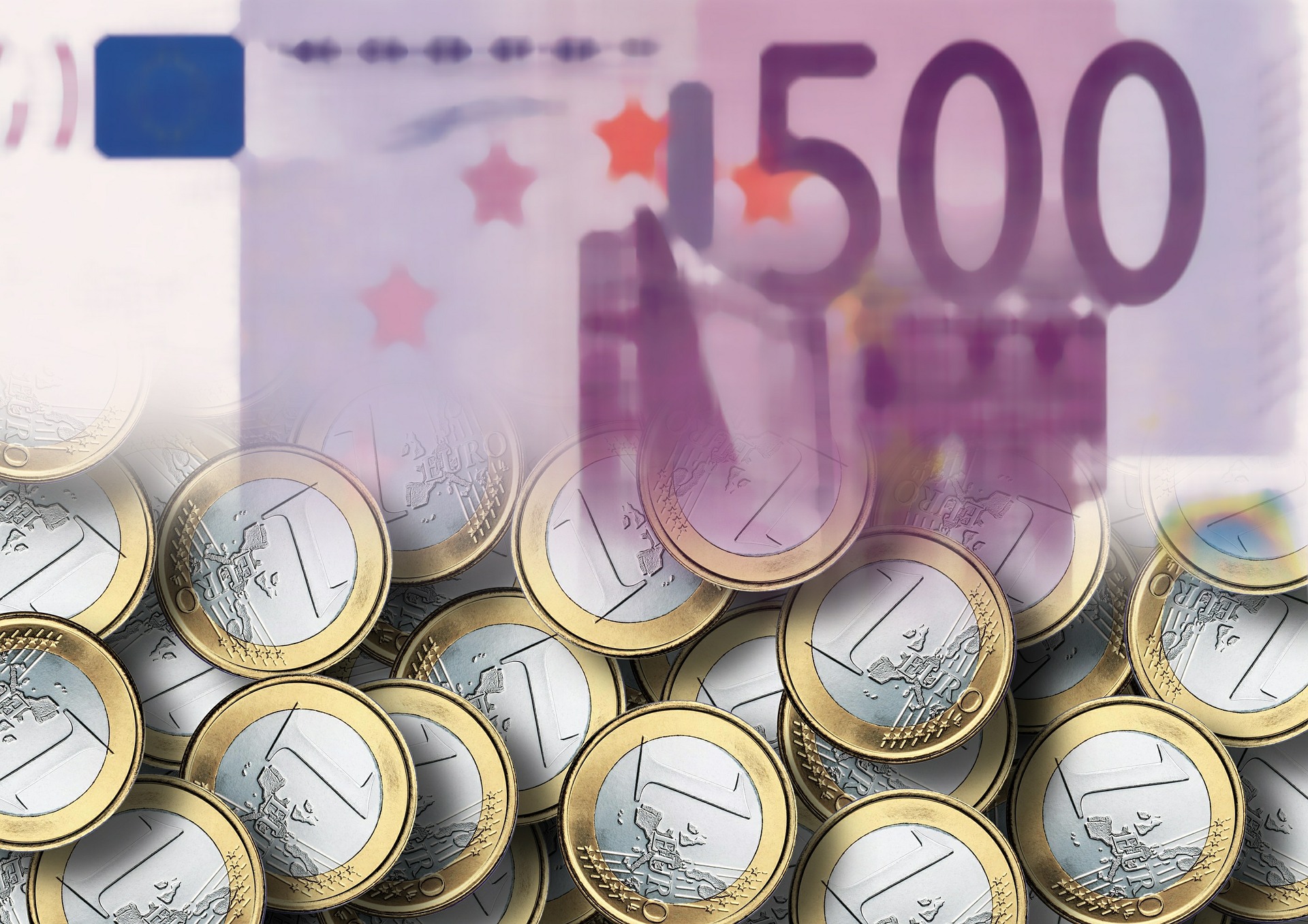
The average household gas price was also lowest at 3.5 euros per 100 kWh.Continue reading

The Hungarian economy will avoid a recession even in the dangerous international environment, and its performance could increase by 1.5 percent in 2023 and 4 percent next year, according to the Convergence Program sent by the Ministry of Finance to the European Commission.
The government has to send the convergence program to the Commission every year, and this document is important because the Ministry of Finance also has to present medium-term plans for exactly how it plans to handle public finances and macroeconomic developments in the coming years.
According to the Ministry’s press release on Tuesday, “the decline in inflation will accelerate in the second half of the year, with the rate of price increases easing to single digits by the end of the year.”
The government is steadily improving its balance indicators, with the budget deficit below 3 percent next year and the public debt ratio expected to be at 66.7 percent (last year, it was 72.9 percent).
After last year, 2023 will continue to be marked by the Russian-Ukrainian war, and the impact of sanctions will continue to create an unfavorable external environment, the document says, noting that global energy prices have moderated significantly in recent months from the peaks recorded in 2022, manufacturing commodity shortages have eased substantially, and global value chains have normalized.
They added that
the convergence program projects growth of 1.5 percent in 2023 and 4 percent in 2024, after which the Hungarian economy could expand at an annual rate of more than 4 percent.
In line with the government’s target, employment should continue to grow in the coming years, with the unemployment rate remaining below 4 percent on a sustained basis. The document projects a government deficit of 3.9 percent by 2023 and a steadily declining deficit in the years thereafter so that the 3 percent Maastricht criterion could be met again after 2019. Moreover, Hungary’s public debt could fall further to 63.9 percent of gross domestic product by 2025.
The central budget priorities for 2023 are five main objectives: maintaining high employment, protecting the reduction of utility bills, preserving the real value of pensions, continuing to provide family benefits and further reducing the debt ratio.
The convergence program also shows that demand and investment could pick up in the second half of this year as retail sales and household consumption resume growth as the disinflationary process picks up. This could be underpinned by high household savings, which could also be used for consumption smoothing. Households’ financial wealth continued to grow last year, with net household savings reaching almost HUF 70 thousand billion (EUR 187 billion).
Featured photo via Pixabay